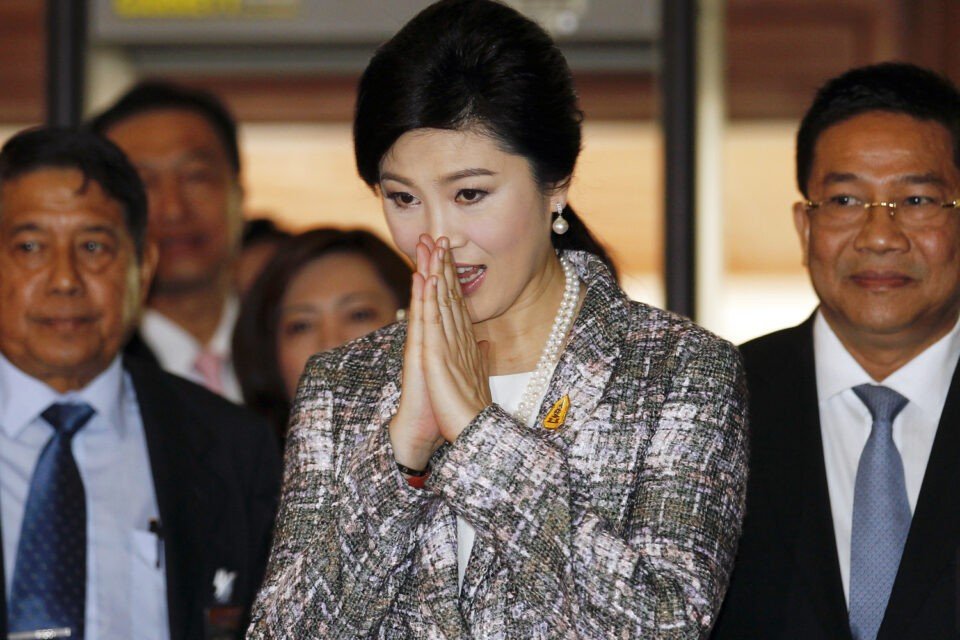The National Anti-Corruption Commission plans to indict former prime minister Yingluck Shinawatra and others in the Supreme Court for allegedly wasting a 240-million-baht budget on publicising infrastructure projects in 2013.
Public prosecutors had earlier turned down the case citing lack of evidence.
NACC secretary-general Niwatchai Kasemmongkol said on Wednesday the commission had now resolved it would itself take the issue to the Supreme Court’s Criminal Division for Holders of Political Positions.
He expected the lawsuit would reach the court in two weeks.
The legal action will also include Yingluck’s then secretary-general Suranand Vejjajiva and former deputy prime minister Niwatthamrong Boonsongpaisan, and private parties involved in the roadshow project – Matichon Plc and Siam Sport Syndicate Plc and its director Ravi Lohtong.
NACC alleges the Yingluck government illegally allocated 240 million baht to the “Roadshow to Thailand’s Future Thailand 2020” project.
The anti-graft panel considered the expenditure to be a waste and to have caused damage to the state.
Therefore, the parties involved were in breach of the Criminal Code for malfeasance, the organic law on corruption prevention and suppression and the law on price collusion in government projects, Mr Niwatchai said.
The “Roadshow to Thailand’s Future Thailand 2020” was launched in 2013 by the Secretariat of the Prime Minister on the instruction of then-prime minister Yingluck.
The campaign included exhibitions, seminars and other PR activities to promote the project and proposed legislation allowing the government to borrow 2 trillion baht to finance it.
On March 12, 2014, the Constitutional Court ruled the bill was unconstitutional. As a result, events held during the roadshow were rendered null and void and the 240-million-baht already spent on the campaign had been wasted.
Yingluck fled the country in 2017, failing to appear at the Supreme Court’s Criminal Division for Holders of Political Positions on Aug 25, 2017 for a ruling in her rice-pledging trial.
The court later sentenced her in absentia on Sept 27, 2017, to five years in jail for failing to prevent false and corruption-plagued government-to-government sales of rice from her rice-pledging scheme.




